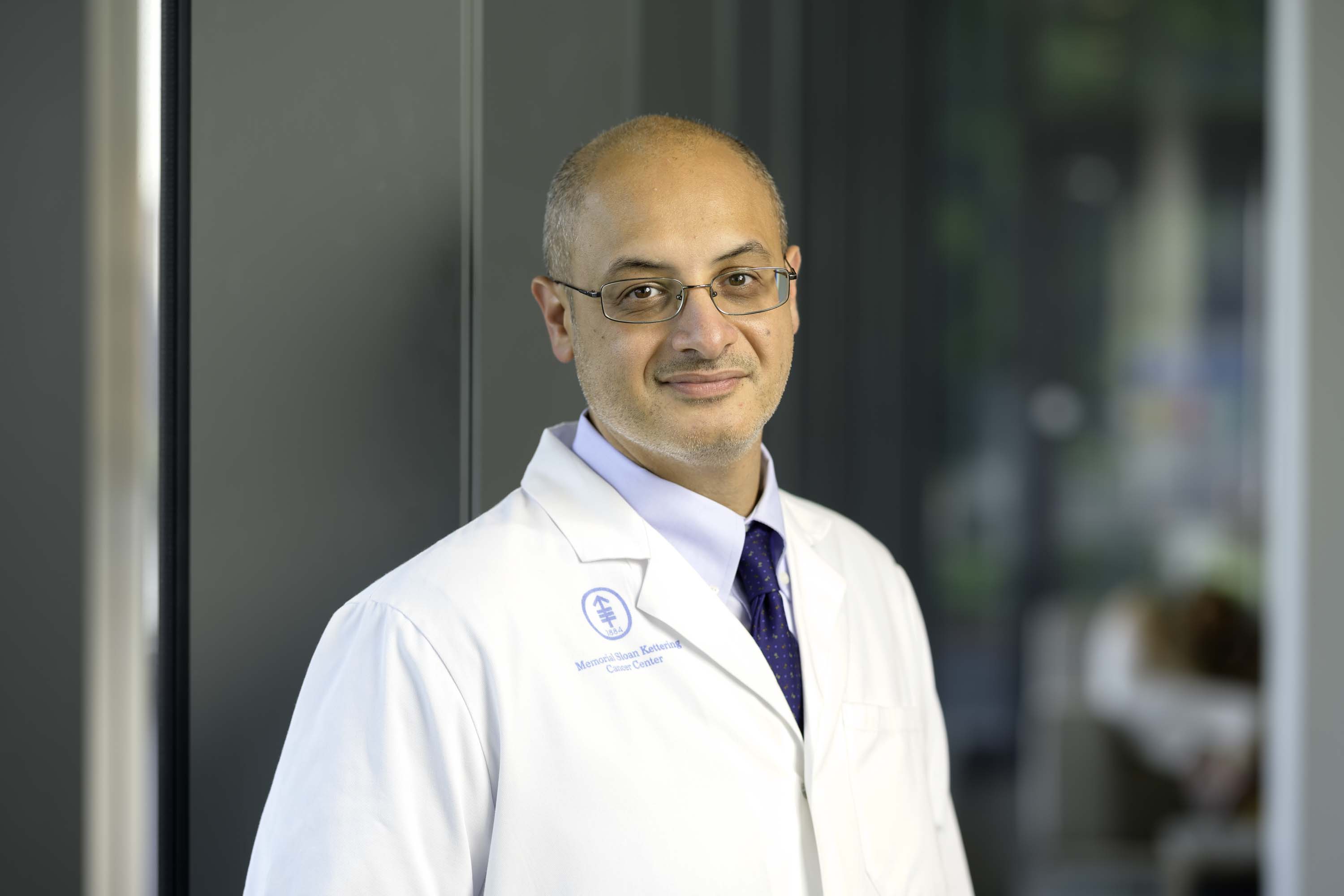
Bio

Molecular Profiling of Colon Cancer
Research Topics: All cancers must accumulate molecular changes to achieve sustained growth, evade apoptosis, achieve immortality, acquire a blood supply, invade tissue barriers, and finally establish metastasis. Three of these six functional capacities can arise through the mutation of several genes involved in cell cycle regulation and apoptosis, Wnt signaling, RPTK signaling, and TGF-β signaling pathways. Our long-term research objective is to identify, quantify, and correlate the multi-gene DNA and RNA alterations that activate the functional capacities of a given tumor. Understanding the molecular profiles of both primary adenocarcinomas and metastasis provides the basis for improving early detection, refining current treatment protocols, and developing new gene-specific therapies. We have developed a new class of drugs termed “coferons”, which can enter cells as small monomers, and then self-assemble on the target to interfere with activity or protein-protein interactions.
Our laboratory funded by an NCI program project grant that was implemented to achieve a comprehensive molecular profiling of colon tumors has led to the formation of projects involved in cancer screening and cancer treatment. Our approach used two complementary molecular profiling techniques on the same human tumor sample: (i) determining the genetic and epigenetic profiles (see unique technologies below), and (ii) determining mRNA profiles, and then correlating the results. We believe this dual approach has generated and will continue to generate the requisite filters for identifying the critical genes and pathways of tumor progression. These molecular signatures will allow us to better detect tumors in early more treatable stages. Additionally, our experience in molecular profiling has led to NIAID funded Collaborative Project Grants for development of new technologies to: (i) Identify multiple blood-borne pathogens simultaneously, in a single assay, (ii) Evaluate bacterial, viral, and fungal origins of food and water-borne pathogens, and (iii) Distinguish Dengue, West Nile and other emergent agents from common pathogens employing high throughput screening platforms using microbial signature profiles.
Lab Organization and Equipment: The Barany laboratory is relatively small but collaborates extensively with both academic and industrial researchers, including Memorial Sloan Kettering, Rockefeller University, UMDNJ, Princeton University, Weizmann Institute, Lousiana State University, University of North Carolina, Lawrence Livermore National Labs, Centers for Disease Control, and others. Our specialty is using thermostable enzymes and advanced DNA technology to help detect and characterize molecular changes in both cancers and infectious diseases. The laboratory has developed sensitive and specific assays using thermostable ligase combined with PCR for these applications. The laboratory has state-of-the-art equipment including the latest generation of Real-time Thermocyclers, PCR thermocyclers, DNA array technology and automated robotic workstations to help with high-throughput analyses.
Past Contributions and Future Developments: The Barany laboratory is best known for developing the ligase chain reaction (LCR), ligase detection reaction (LDR), and a programmable DNA chip (Universal Array). Other advances include the EndoV/Ligase mutation scanning assay and harmonized p53 mutation detection. We are currently developing new ligase and Taqman-based assays to detect promoter methylation and quantify gene copy number changes. We are in collaboration with a nanofabrication / microfluidics team for single-molecule FRET detection, as well as developing new single-molecule sequencing technology.
